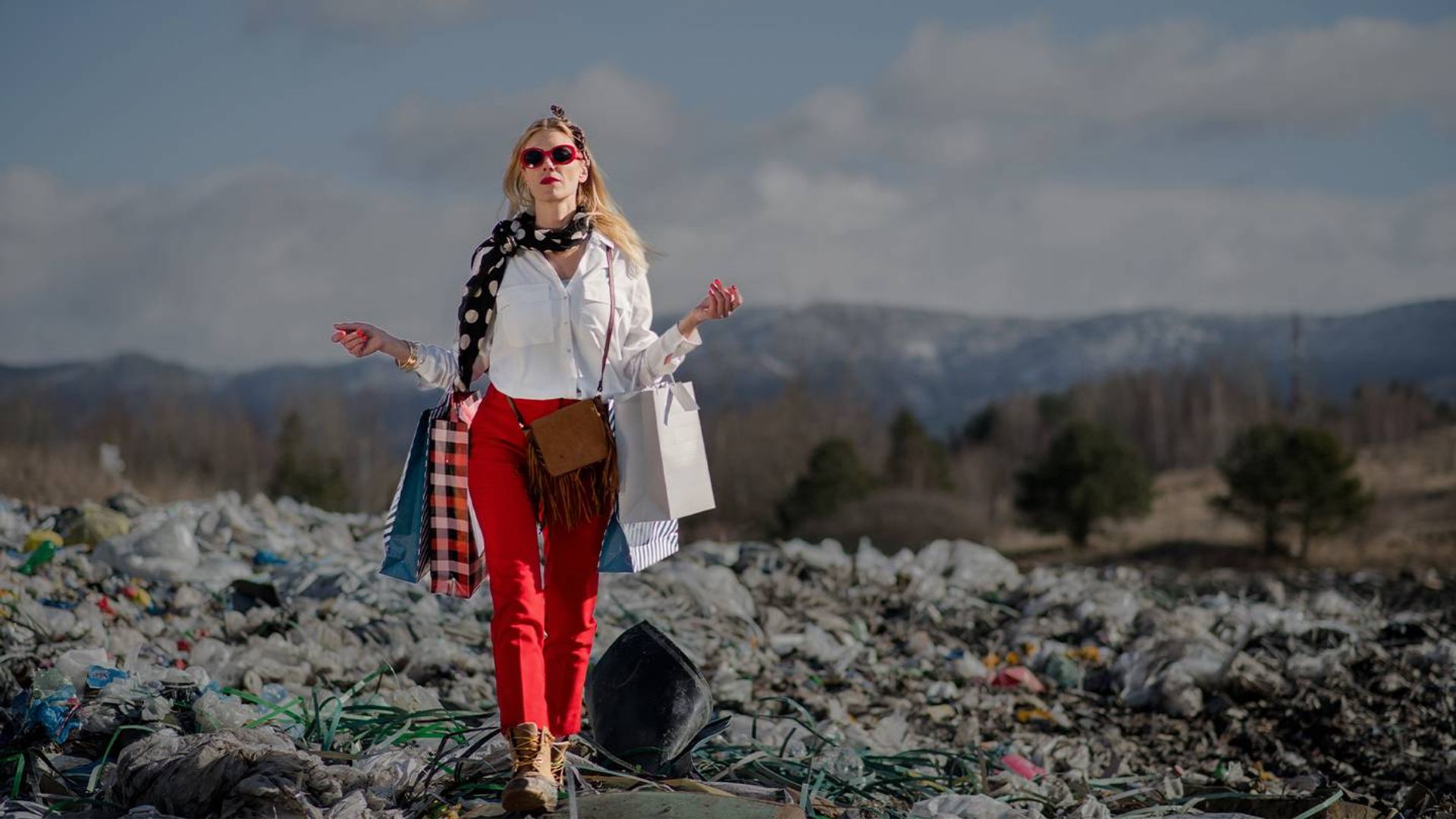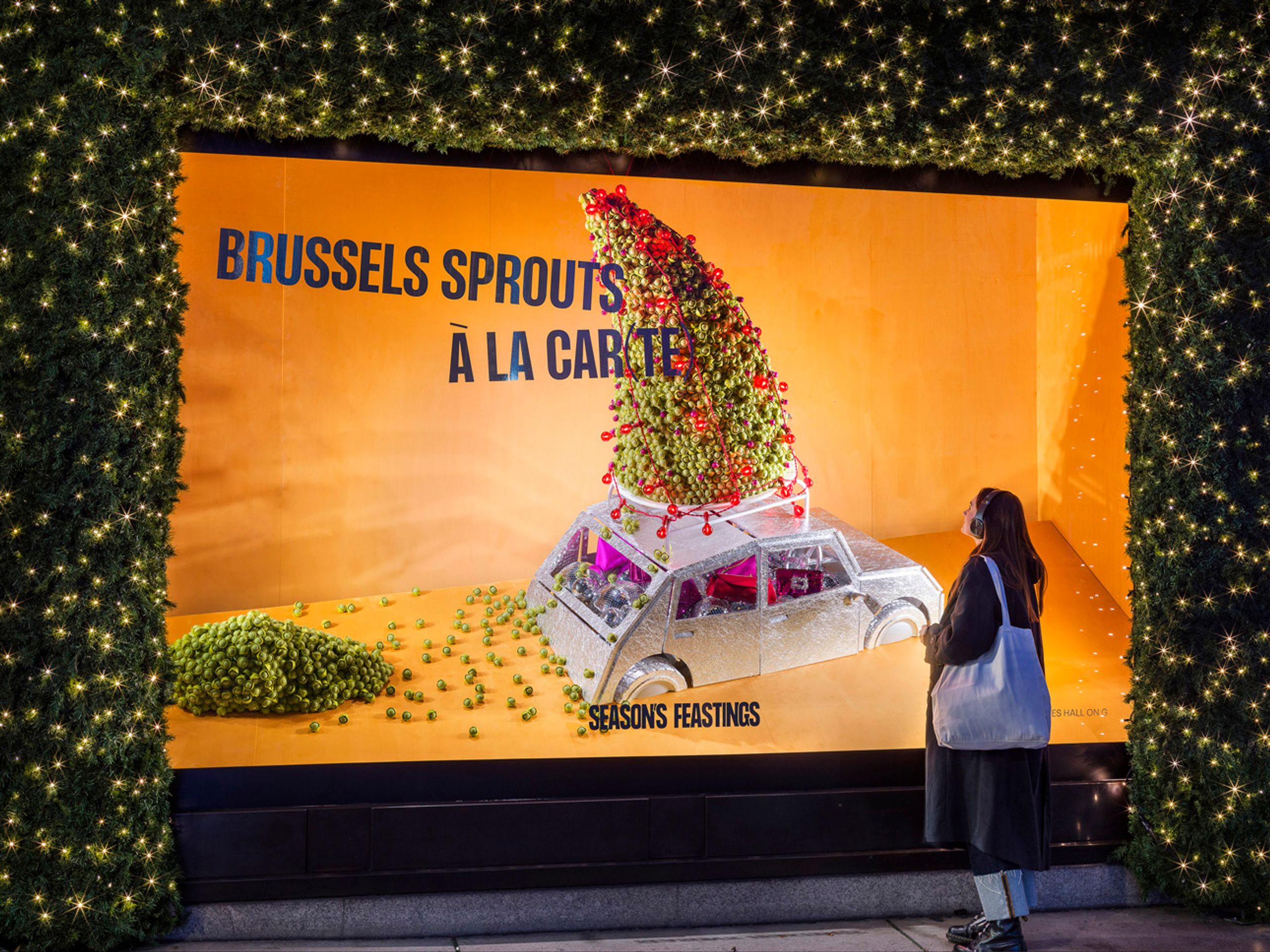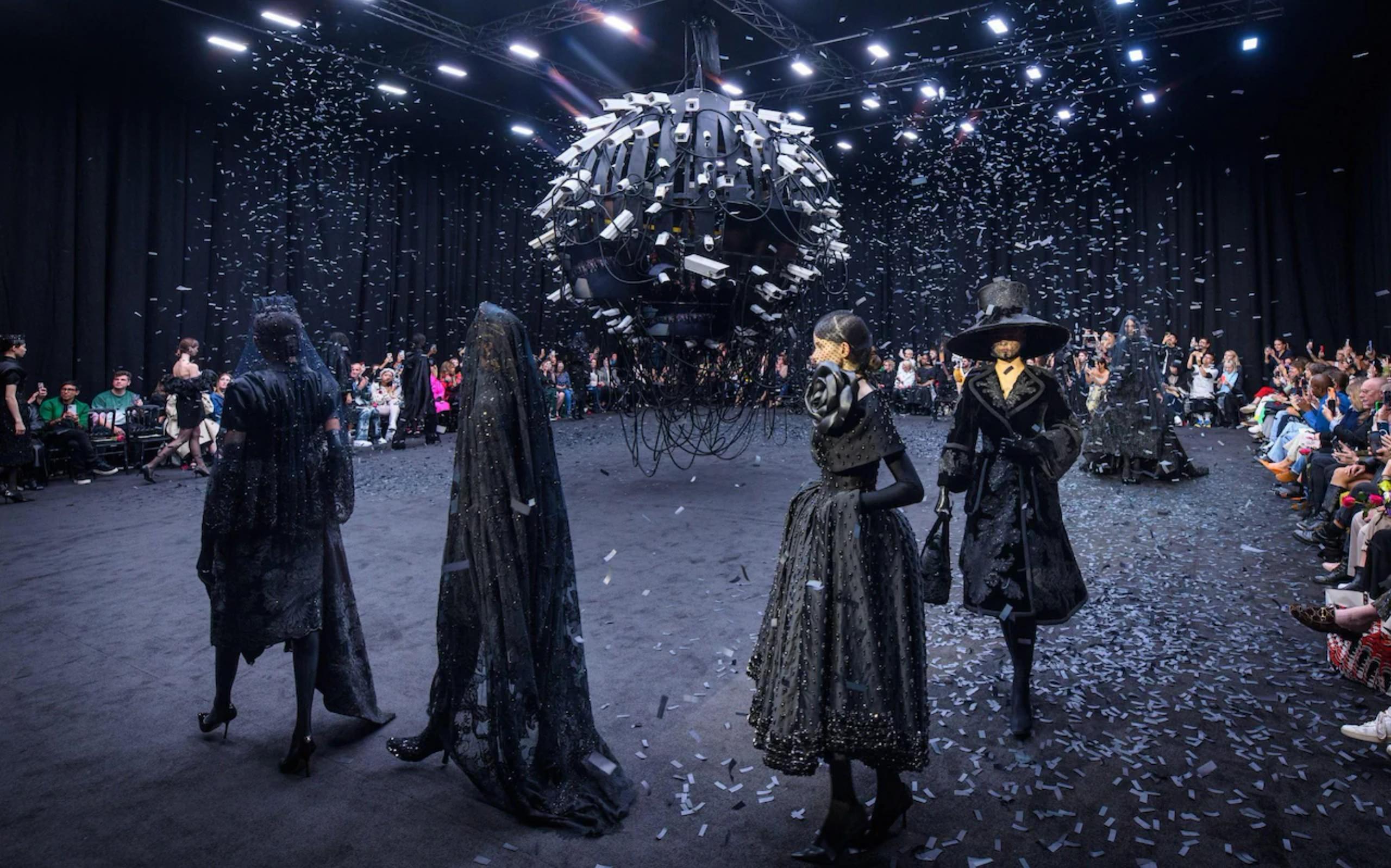The increased adoption of the 'circular fashion model'
Shein is the latest in the line of fast fashion brands to announce its very own ‘circular fashion model’. The Shein Exchange is an online peer-to-peer resale platform. It will be piloted to all customers in the US, enabling them to purchase and sell previously owned Shein garments. The intention is that if it is successful it will be rolled out to a global audience.
However, the timing of the launch was quite rightly called out by online publication Just Style - it landed at the same time as a Channel 4 documentary “Untold: Inside the Shein Machine". As well as highlighting Shein’s rise to fame and popularity, the exposé addressed allegations of poor working conditions within its factories. The exposé put the fast fashion brand firmly in the spotlight, but not necessarily for the right reasons. It seems Shein needed a distraction technique and this time it was in the form of a sustainability initiative.
The criticism of the timing surrounding the launch of The Shein Exchange also led to an ‘exclusive’ interview in Drapers. In it, the brand responded to the allegations in the Channel 4 documentary including its sustainability policies.
Sustainability is not a free pass for bad behaviour
Sustainable initiatives in any form should not be viewed as a free pass for bad behaviour. And they certainly should not be seen as a way to fix a business model based on exploitation and overproduction. The ‘better than nothing’ attitude doesn’t sit well with those who are trying to make a sustainable difference within the fashion industry.
While it can be seen as a positive move for fast fashion brands to move towards a more circular system, it’s worth bearing in mind this company adds 6,000 styles to its website daily. Adding resale will not eliminate the waste and pollution caused by its constant churn of new products. I would argue that it is even more damaging to suggest to consumers that a model such as Shein’s could ever truly be sustainable.
The fashion industry's greenwashing issue
Shein is not the only company to indulge in a little bit of ‘greenwashing’. In fact, resale platforms - or the idea of a “second life” - seem to be the latest ploy to distract from the larger issues at hand for many brands. Take Boohoo for example, during New York Fashion Week, it launched its collaboration with the brand’s new “sustainability ambassador”, Kourtney Kardashian Barker.
First, this new sustainable line will mass-produce 45 new pieces. The official press release, as reported by The Guardian, “includes absurdist statements such as “41/45 contain pieces that contain recycled fibres like recycles [sic] cotton” with no information about what percentage of the materials are recycled (Boohoo did not respond to repeated requests for clarification).”
Additionally, the release claims its pieces are sustainable because they can be worn in multiple ways. And separately, each thumbnail on its website includes a leaf stating, “ready for the future”. This is a meaningless statement which shows the lack of regulation that surrounds the language of sustainability - specifically when it comes to the terms green and eco in the fashion industry.
It's disappointing to see Boohoo’s line showcased during fashion week. Millions of eyes are on these brands thanks to social media and the industry must be authentic when it comes to its sustainability credentials if they are to be taken seriously.
Authentic sustainability on the runway
That is not to say that the runways have been entirely devoid of sustainability. Fashion brands from household names to smaller, more mainstream brands have demonstrated their more authentic sustainability credentials for a number of years. Back in February 2018 at London Fashion Week, Vin and Omi showcased 11 new eco-textiles, including wool-like fabrics made from recycled plastic bottles. And fast forward to this October, Stella McCartney’s show used regenerative cotton for the first time.
Our last blog demonstrated the virality of Bella Hadid’s Coperni spray-on dress. What better way to bring attention to the climate crisis than through this huge platform?
We need similar statements of transformative sustainable practices demonstrated across the industry. As more companies become involved, the more likely it is that others will follow. But at the same time we need to be bold enough to call out if there are any potential incidents of fashion brands indulging in greenwashing.
The growth of the conscious consumer
Customers are making more conscious choices. According to Morning Consult Brand Intelligence “Shein only has a 44% approval rating among Gen Z consumers, and 22% among all adults”. And it predicts this latest 'sustainability message’ is unlikely to resonate with this customer base.
The fashion industry needs to do much more than just “try on” sustainable practices for a season. Fashion can be a force for good - but it will require a lot more than these performative statements seen by many brands. Hiring a shiny new high-profile sustainability ambassador or launching a resale platform (for clothes that aren’t made to last) will not solve fashion’s list of more urgent problems. It is down to companies to begin to work truthfully towards creating a more sustainable future.
Image credit: Business of Fashion



